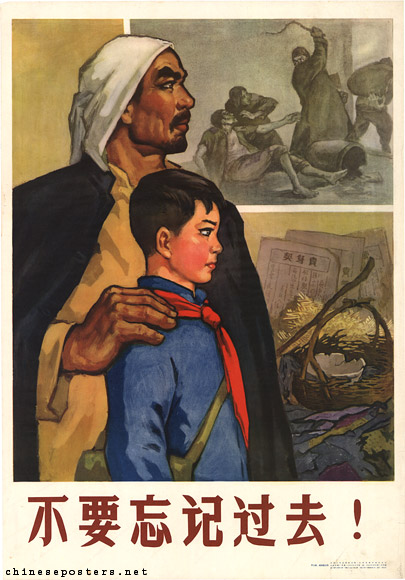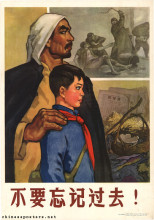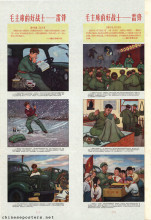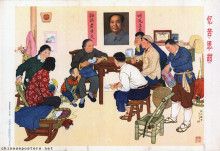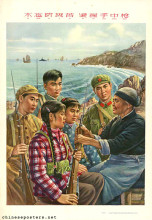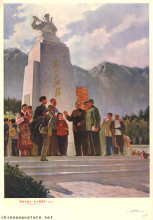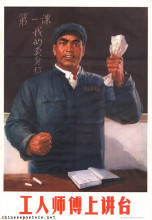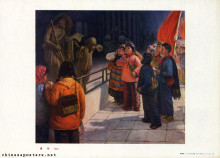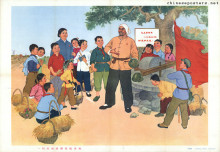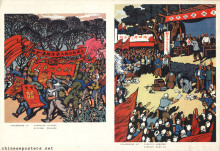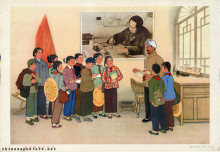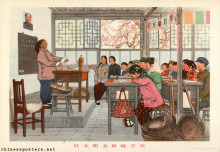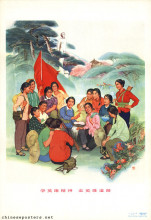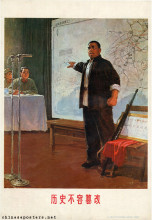We must not forget the past!, 1963
"Eating Bitterness" (吃苦 - chi ku) is a phrase that means to persevere through hardship without complaint, or even to suffer.
Such experiences of perseverance or suffering were recounted during "speak bitterness" sessions, where the oppressed were encouraged to indict the Old Society. Mere articulation of sufferings was not sufficient; the sense of bitterness had to be cultivated and fermented. As a result, class consciousness and/or class hatred would emerge or be strengthened.
During the Land Reform movement of the late 1940s and early 1950s, "speaking bitterness (诉苦 suku)" was mainly implemented as a technique of mobilization. In the 1960s, the "recalling bitterness (忆苦 yiku)" campaign was intended to reenact class struggle and reinforce class awareness by invoking collective memory.
Jeffrey Javed, "Speaking Bitterness", in Christian Sorace, Ivan Franceschini & Nicholas Loubere (eds), Afterlives of Chinese Communism -- Political Concepts from Mao to Xi (Acton: Australian National University Press/Verso Books, 2019), 257-261
Haiyan Lee, "Nowhere in the World Does There Exist Love or Hatred without Reason", in Ban Wang (ed), Words and Their Stories -- Essays on the Language of the Chinese Revolution (Leiden: Brill, 2011), 149-170
Lifeng Li, "Mass movements and rural governance in communist China: 1945–1976", Journal of Modern Chinese History 7:2 (2013), 156-180
Guo Wu, "Recalling Bitterness: Historiography, Memory, And Myth in Maoist China", Twentieth-Century China 39:3 (2004), 245–268
